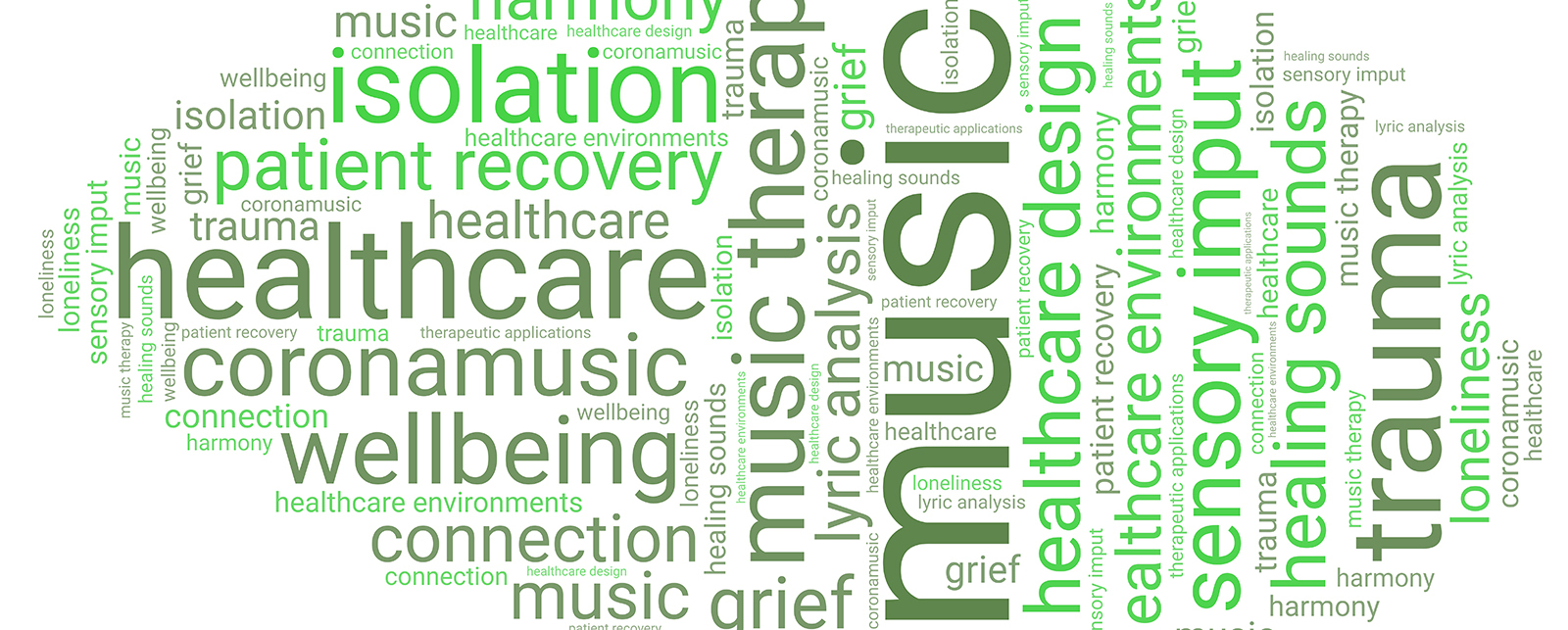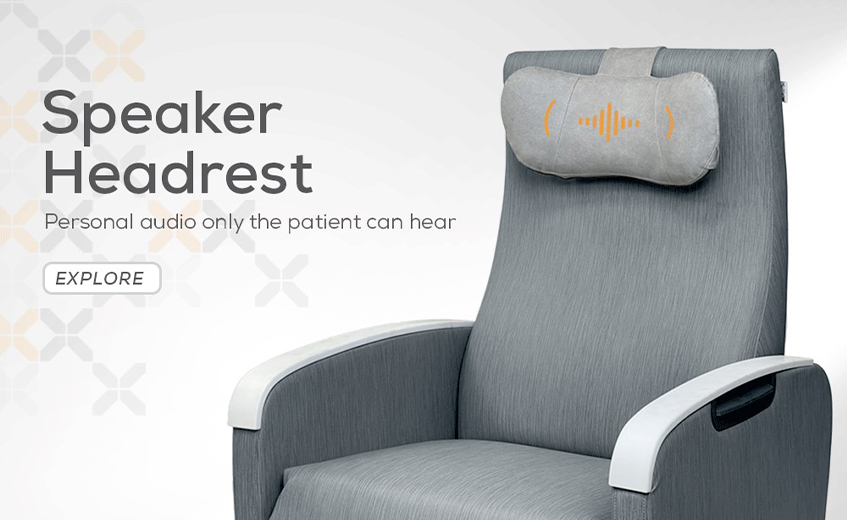

Healthcare continues to come a long way. Providers have done a tremendous job incorporating new strategies and tools to aid patient recovery. It’s not just the big, groundbreaking advancements in technology and therapies that create the biggest impact, either. Often, it’s the seemingly smallest steps that go the longest way. It's why so many of us overlook the powerful impact that bringing music into healthcare environments can have on both patients and providers – an impact that’s supported by a growing body of research.
In the past, we looked at the positive impact of music on patients in memory care as seen in the film Alive Inside. In a very real way, music is medicine. Today we want to take a closer look at why music is such a powerful ally for the brain and how it can positively transform healthcare settings.
The Brain's Symphony
Music’s calming effect on the brain isn’t just a placebo. Numerous studies, highlighted by institutions like Johns Hopkins Medicine and Harvard Health, have shown that music engages various regions of the brain, including the neocortex, which plays a crucial role in emotional regulation and impulse control. This, in turn, has a soothing effect on patients in environments that, by their nature, produces higher amounts of stress and anxiety. And we're seeing more resouces to support this movement.

Music as Therapy
Music also helps patients on the road to recovery –– whether it’s physical or mental – through music therapy. From emotional and cognitive to social needs, music therapy can manage a range of conditions to improve the quality of life. According to the National Alliance on Mental Illness (NAMI), music therapy helps individuals navigate emotions, trauma, and grief. Activities like lyric analysis provide patients with a safe and non-threatening environment to explore and express their feelings. Music therapy has helped a variety of patient populations, including everyone from premature infants to people with depression or Parkinson's disease.
Harmonizing through Challenges
Social isolation, higher levels of stress, and loneliness like we’ve never experienced before – the COVID-19 pandemic offered a myriad of psychological challenges. To cope, many turned to music as a source of solace and connection. The emergence of "coronamusic" underscored the role of music in coping with adversity. Coronamusic went beyond mere listening, too. People all over the world bonded to the creation and sharing of music. It became a powerful means of eliminating isolation and stress. Research from the World Economic Forum indicates that individuals who engaged with coronamusic reported more positive emotions and many used music as a substitute for social interaction during lockdowns.
Music, Patients, and Spaces: A Three-Part Harmony
Music possesses the remarkable ability to uplift, soothe, and heal. From its impact on the brain to its therapeutic applications in healthcare settings, music offers a multitude of benefits for patients and providers alike. By embracing the healing power of music and continuing to explore its relationship with healthcare outcomes, we can create more environments that foster healing and well-being.
For healthcare designers and providers, integrating music into healthcare environments can significantly enhance the patient experience and improve outcomes -- whether it’s using background music in waiting areas or dedicated music therapy sessions for patients.
The link between music and positive patient outcomes is undeniable, but we’ve just started to scratch the surface. There’s still more room for investigation and improvement – especially as we design healthcare spaces. Evidence-Based Design (EBD), for example, emphasizes making decisions about the built environment based on credible research to achieve optimal results. Center of Health Design champions EBD and provides a wealth of knowledge through its repository, offering easy-to-understand summaries of research articles.
If you find music and its potential impact on healthcare environments as fascinating as we do, we hope you’ll consider sharing your own research and findings within our community. Together, we can help integrate and advance a powerful form of therapy into the spaces we create.
Reach out to our Healthcare Team to continue the conversation.
References
Keep Your Brain Young with Music | Johns Hopkins Medicine
Music can boost memory and mood - Harvard Health
How music helped people cope with COVID-19 stress | World Economic Forum (weforum.org)
Frontiers | The Role of Music in Everyday Life During the First Wave of the Coronavirus Pandemic: A Mixed-Methods Exploratory Study (frontiersin.org)
The Benefits of Music For Grief | Pathways (pathwayshealth.org)